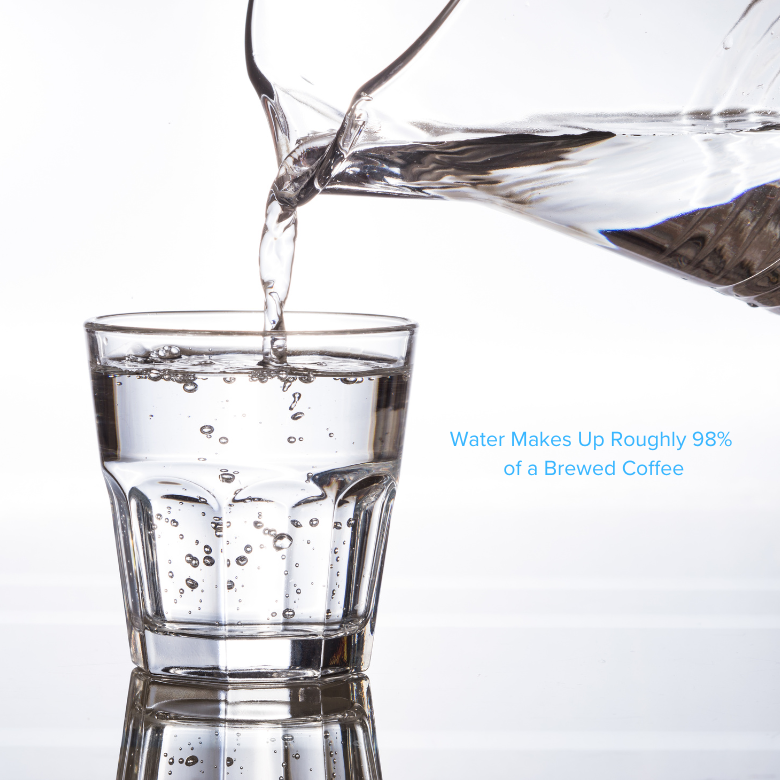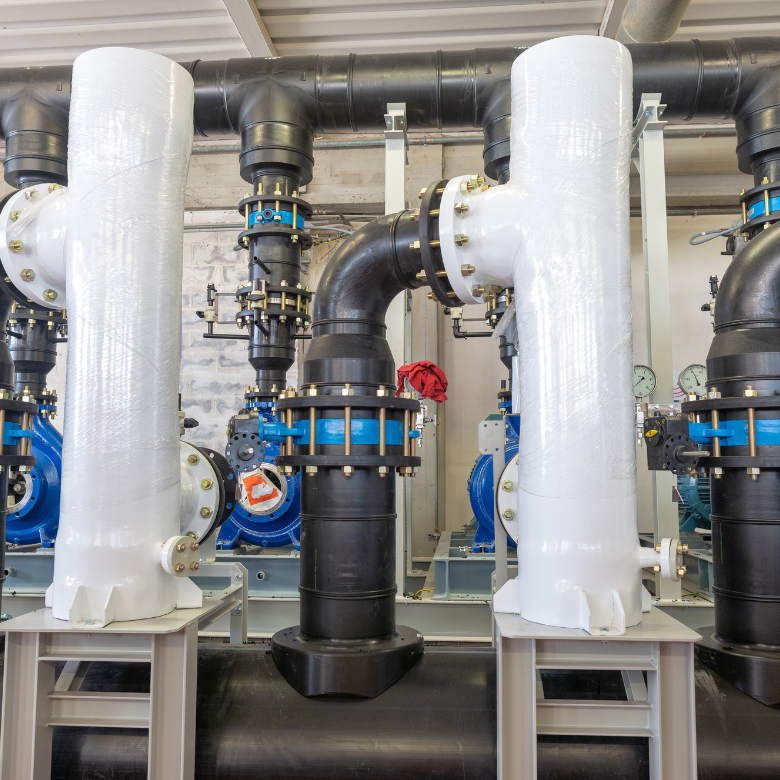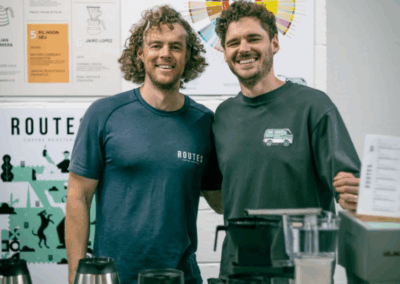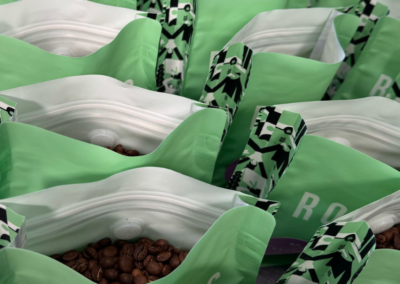
The Vital Role of Water Quality in Brewing the Perfect Cup of Coffee
The Importance of Quality Water
Water quality is fundamental in brewing coffee due to several reasons:
-
Flavor Extraction: Water acts as a solvent that extracts flavors from coffee grounds. The right mineral content ensures balanced extraction, bringing out the coffee’s best attributes while avoiding undesirable flavors.
-
Taste: Impurities and contaminants like chlorine or heavy metals can distort the natural flavors of the coffee, leading to a less enjoyable taste.
-
Consistency: High-quality water helps in achieving consistent coffee taste, ensuring each cup meets the same high standards.
-
Equipment Maintenance: Good water quality prevents mineral buildup in coffee machines, reducing the need for frequent cleaning and extending the lifespan of the equipment.
In essence, using high-quality water in coffee brewing enhances flavor, consistency, and equipment longevity.
Brewing the Perfect Cup
To brew the perfect cup of coffee, water needs to meet specific criteria:
-
Proper Mineral Content: Water should have balanced minerals (e.g., calcium and magnesium) to aid in flavour extraction. Too many minerals can cause over-extraction, while too few can lead to under-extraction.
-
pH Level: Ideal water pH is slightly acidic, around 6.5-7.5, to balance acidity and bitterness.
-
Purity: Free from contaminants like chlorine, heavy metals, and organic compounds, which can affect taste.
-
Softness: Moderately soft water prevents scale buildup in equipment while preserving coffee flavour.
Using water that meets these criteria ensures optimal extraction and a consistent, high-quality coffee flavour
Typical Characteristics of UK Tap Water for Coffee Brewing
Water quality from the tap in the UK can vary significantly depending on the region, but it generally contains minerals such as calcium and magnesium, which are beneficial for brewing coffee to an extent. However, tap water can also include chlorine and other chemicals used in the purification process, which may negatively affect the taste of coffee.
- Hardness: Many areas have hard water, which contains high levels of calcium and magnesium. This can lead to over-extraction of coffee flavors and scale buildup in coffee machines.
- Chlorine: Used to disinfect water, chlorine can impart undesirable tastes to coffee.
- Impurities: Tap water may contain trace amounts of impurities that can affect the flavor profile of coffee.
Recommendations:
- Filtering: Use a water filter to remove chlorine and reduce hardness, which can help improve the taste and consistency of brewed coffee.
- Testing: Consider using water testing kits to determine the mineral content and pH of your tap water. Ideal water for brewing coffee should have a balanced mineral content and a neutral pH.
While tap water in the UK can be used for brewing coffee, filtering it to remove chlorine and adjusting its mineral content can significantly enhance the flavor and quality of your coffee.









0 Comments